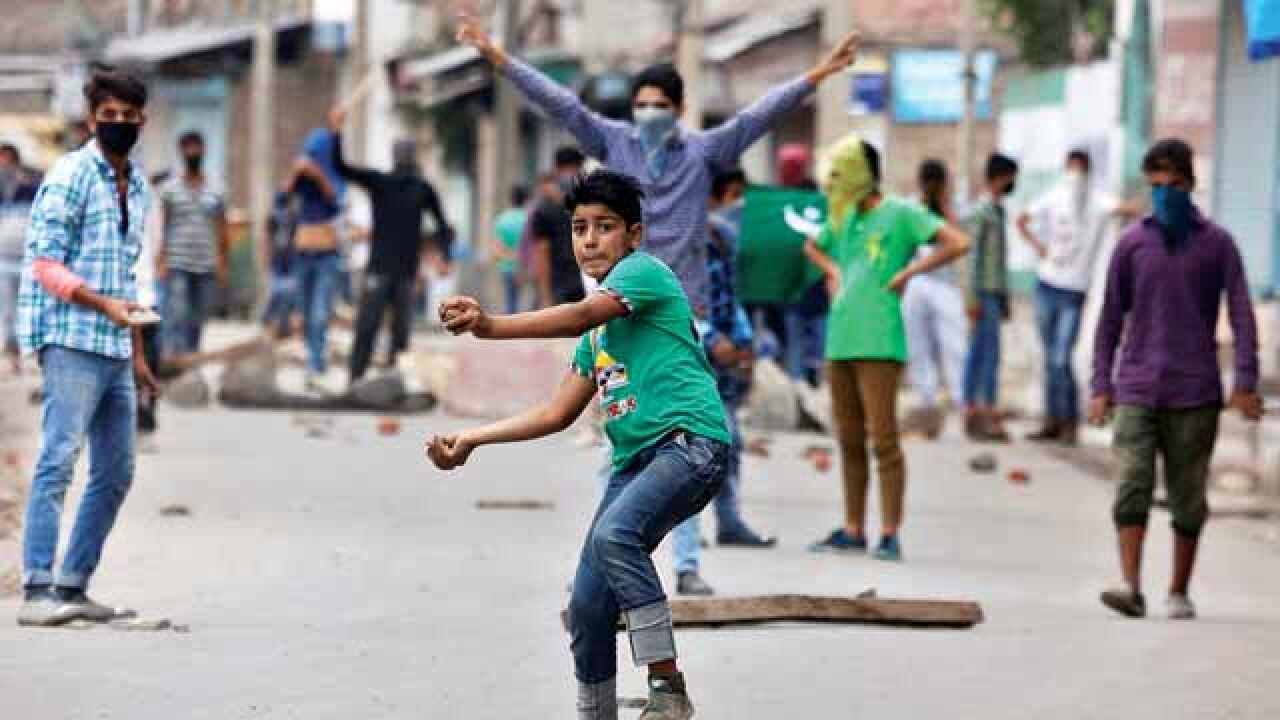
It should not surprise anyone anymore that Pakistan will continue to harp on the issue of Jammu and Kashmir without any let up and for as long as one can see into the future. Politicians and generals in Islamabad/Rawalpindi are only too aware that they are not in a position to go to war and take the Indian side of Jammu and Kashmir. The guerrilla warfare being waged through Islamic terrorist groups like Lashkar-e-Taiba (LeT) and Jaish-e-Mohammed (JeM) cannot last as long as Pakistan’s rhetorical declarations. Terrorist groups have a tendency to wither away due to change in leadership, the inability to get recruits generation after generation and flagging fanaticism. The only way Pakistan can hope to create trouble in Jammu and Kashmir is to create a permanent unit in the army — it has to be at a brigade level — to continue with the subversive operations for a longer time. But that is a decision that the people and leaders of Pakistan have to take. It cannot be ruled out that a sense of realism will prevail in Islamabad and it would want to accept the status quo, which will benefit the people of Kashmir on both sides of the border. There is no greater moral turpitude than to make the false promise to Kashmiris that Jammu and Kashmir will one day become part of Pakistan.
India too will have to decide on a realist course. It is indeed the case that the part of Kashmir in Pakistan along with Gilgit and Chitral are legally part of Jammu and Kashmir, and hence part of India. It is unlikely however that Pakistan will yield the territory as part of a settlement. The issue of Kashmir in Pakistan is complicated by the fact that Islamabad has ceded territory to China in Aksai-Chin for building the Karakoram highway. Aksai-Chin is no more a bilateral, but a trilateral, issue involving India, Pakistan and China. It is clear that neither India nor Pakistan would want to say openly that this is indeed the case. There are political and diplomatic compulsions for not doing so.
The resolution passed in Parliament when PV Narasimha Rao was prime minister in the first half of the 1990s claiming the whole of Jammu and Kashmir, including that part of Kashmir which is in Pakistan, Chitral and Gilgit, will not come in the way of accepting the status quo. Until the settlement is made, India will have to continue to make claims on that area. It would mean that as part of a potential peace settlement India would be ceding that territory to Pakistan. It would not involve loss of face either for India and Pakistan. It is nothing more than a bargaining position. People in the know on both sides realise that the claims made by either side over Kashmir are nothing more than a bargaining chip.
What India has to decide is whether it would want to express its concern over troubled Balochistan as part of its diplomatic offensive against Pakistan. It does not appear to be a good idea. Pakistan’s leaders are not interested in playing a bigger role in the world — though there is potential for it — and they are content to reduce their country to a cantankerous neighbour of India. But this is not case with India. It looks to the big wide world even as the big wide world looks to India. India’s blinkered security hawks must stop giving wrong advice to the political leadership that India must take up the cause of Balochistan to counter Pakistan’s loud talk on Jammu and Kashmir.